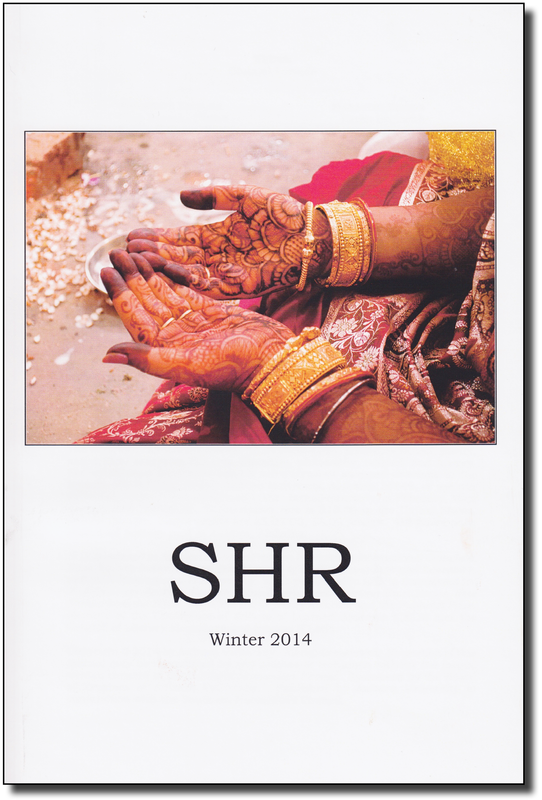|
Vertical Divider
The road bends through the land, worn and frayed as a pant cuff torn by a dog, stretches between the luncheonette and backyard, between the end of the rodeo and the funeral for New York, between the public park and the bar. The cocktail party where hopefulness is a middle-aged divorced man boxed up in a black tuxedo parading women around the room in sequin dresses, with powdered faces and moles. And taking them home, lifted on champagne bubbles, raising their bodies to his in the gray New Jersey light before smoking a cigarette at the mirror and asking them to leave. Between the gas station in Santa Fe where the sun sears the dust on the backs of the pumps and the Miami elevator where a dark-haired woman in a milky jacket raises one eye as she hits the button for the lobby. The Jehovah's Witness grips a pamphlet, back to the wall, white-knuckled and mercurial. Three drag queens boast fresh manicures. The shoe shiner, bent over near the urinals, blackens a pair of scuffed wing tips. You know us. We've always been here. Our elbows tacked to the diner counter, our hair greased back, cigarettes hanging lazily from the corners of our mouths, half-eaten BLTs and Coke bottles resting in the crooks of our arms. We wear Stetsons and lean against fire hydrants, or we pass by in Cadillacs and on city buses where we stare forward as if hypnotized by the sound of water slipping from the roofs. We raise combs to our scalps or stand with our hands and dirty fingernails in our pockets, attending the dead wrapped in wool blankets by the roadside between Winslow and Flagstaff. A woman pushes her tongue against the inside of her cheek as she drives by, her daughter clucking to her from the backseat. We've earned rest and work, this loneliness that flares around us. At the Chinese cemetery white flowers spread like hair across the grass, and along the parade route a tuba engulfs a man's face. On the assembly line a joke is drowned by the bell hammering out the clock, the whole place flush with dusk. Men in fedoras hold newspapers over their eyes. From the hotel window Butte, Montana, fans out charred and burnt. Vietnam and Communism rise like flamingos from the bay. All around us people mouth, We've survived, and lose their way in the supermarket, forget what they've said or done just yesterday, the man they knew on Hartford Avenue who bound a seven-year-old boy with fishing wire before burying him in the basement, the schoolteacher who bled herself behind the gymnasium. A woman in a striped skirt sits in an oak chair in a field overgrown with blonde-headed weeds. She could be anyone's mother, settling her worn black hand on her hip. She is our mother, watching her sons and daughters pile into convertibles and convention halls, in Belle Isle and Chattanooga, Detroit and Venice Beach, the drive-in movie where the wind flaps at a giant figure pointing a gun in our face. The trolley crawls out of the fog trailing coffee and gin, aftershave. We're not going anywhere. Under our fingertips the jukebox glows. JAY NEBEL’s poems have appeared in American Poetry Review, Narrative, Ploughshares, Tin House, and other journals. He’s the author of a chapbook, Loud Mouth, published by Steel Bridge Publishing Company. His first book, Neighbors, won the Saturnalia Poetry Prize selected by Gerald Stern and will be published in 2015.
|
VOLUME 48.1
|
CURRENT ISSUE
|
CONTACT
|
DEPARTMENT OF ENGLISH
|


